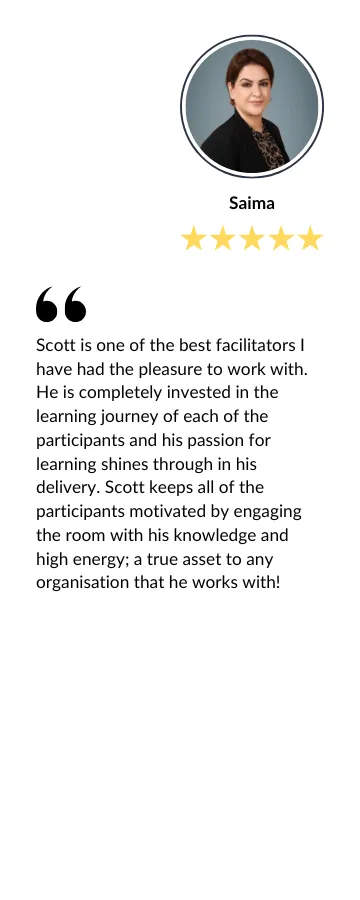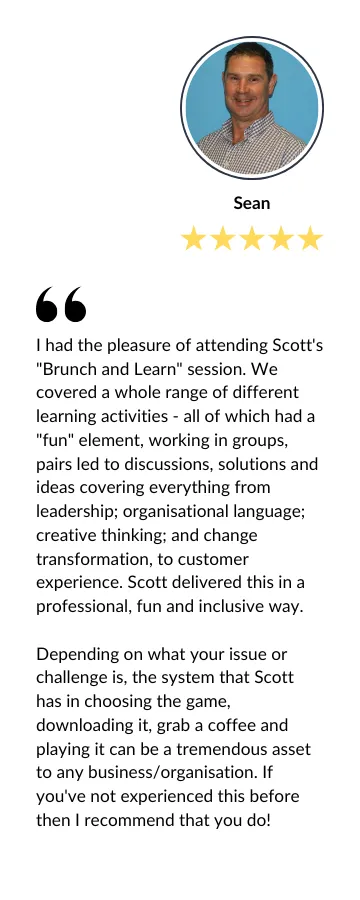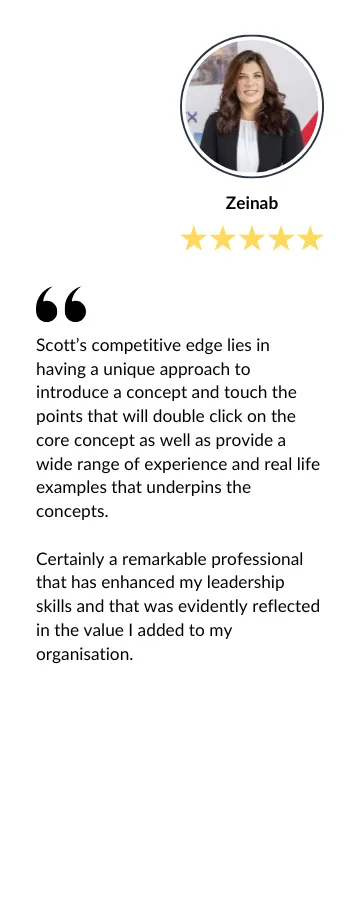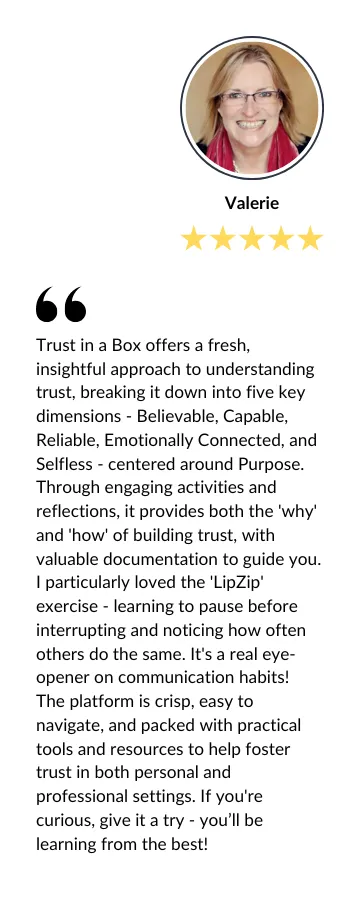Make Trust Your Competitive Advantage
Trust thrives on consistency.
Are you building it where it matters most?
Lead With Trust.
Looking to create consistent, trust-based behaviours in your leadership?
Trust in a Box equips you with actionable activities, practical frameworks, and online support to embed trust at every level.

Support
Need help turning your leadership development into real behavioural change?

Elevate
Want personalised coaching to refine trust behaviours and address your leadership challenges?

Develop
Looking for external expertise to enhance
your leadership development?

Transform
Want a culture
built on trust
and your
values?
Strengthen trust in leadership.
Kickstart your trust-based programme to enhance
leadership behaviours and drive measurable impact.
Turn leadership development into action.
Empower leaders with tools to embed trust behaviours into daily work, creating lasting change.
Transform your culture with trust.
Align leadership behaviours with your values and scale trust across teams with impactful, work-based activities.
Why is Trust So Important?
According to Deloitte
Trusted companies outperform their peers by up to 400%
Customers who trust a brand are 88% more likely to buy again
79% of employees who trust their employer are more motivated to work
Meet Scott
The Trust Leader
Unique Perspective on Trust
With over 18 years in the prison service and a career in trust and management training, Scott brings a unique blend of experience and insight to understanding and building trust in business and life.
WHO WE'VE WORKED WITH




Make Trust Your Competitive Advantage.
© 2026 The Trust Leader - All Rights Reserved















